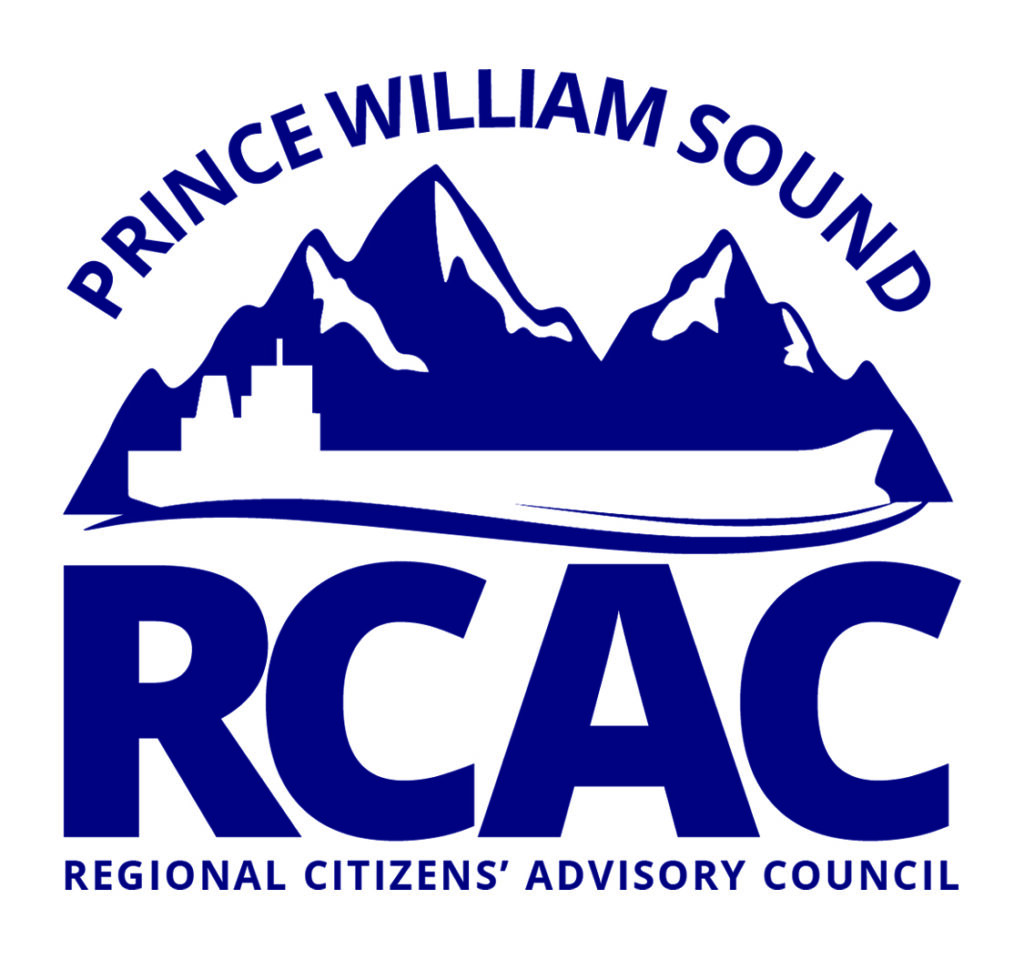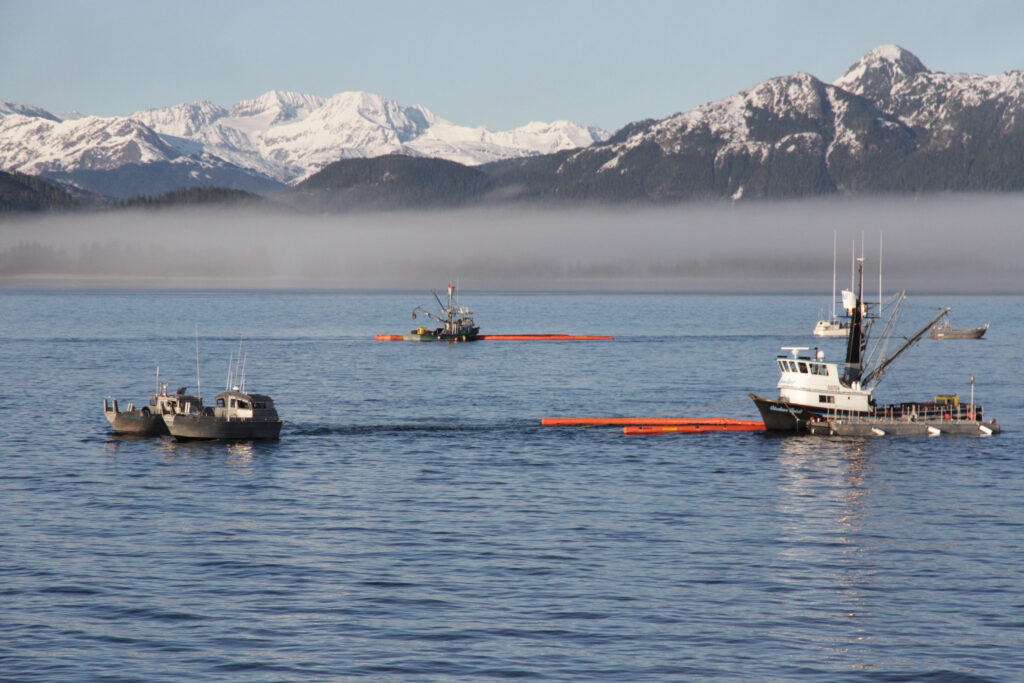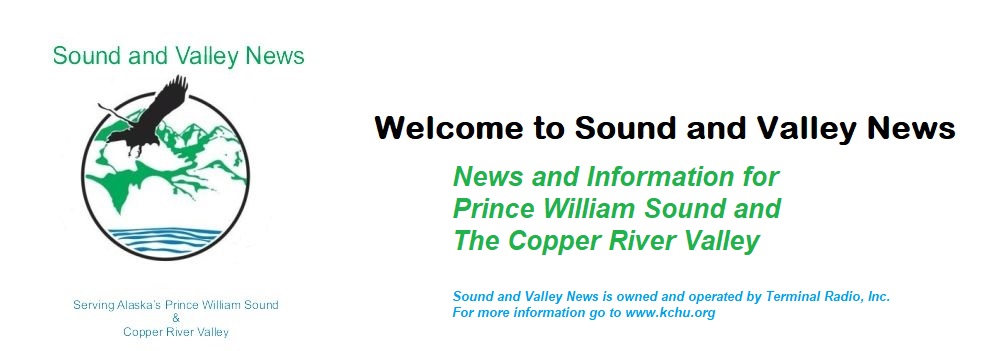
Prevention and mechanical recovery should remain primary options
The Prince William Sound Regional Citizens’ Advisory Council board of directors has updated the organization’s position on use of chemical dispersants in the event of an oil spill in the Prince William Sound and the Exxon Valdez oil spill region. The updated position states that dispersants should not be used on Alaska North Slope crude oil spills in the waters of our region.

The council has long endorsed mechanical recovery as the primary tool to clean up an oil spill. Unlike dispersant use, mechanical recovery with booms and skimmers removes oil from the water. Conditions in Prince William Sound often limit the feasibility of dispersant application and dispersants have not been demonstrated to be effective in marine environments with similar temperatures and salinity levels to those found in the Sound. Uncertainty exists over the toxicity caused by adding chemical dispersants to an oil slick and the long-term effects of dispersants application are not well understood. The known harms and potential risks caused by dispersants, in addition to a lack of proven effectiveness and safety, preclude the council from supporting dispersants.
Oil spill prevention remains the council’s top priority because once oil is spilled there will always be adverse impacts to human health and the environment. In the event of an oil spill in our region, mechanical recovery and containment of oil spilled at sea should remain the primary response method. The council also recommends that oil spill response research and development should focus on enhancing and improving mechanical recovery technologies and methods.
|
|

The council’s previous position on dispersant use was adopted in 2006, after years of promoting research and testing to increase knowledge about dispersants and the environmental consequences of their use. In the intervening years, the council has continued to track developments and analyze peer reviewed scientific literature from around the world regarding the use of dispersants. Discussion and work to develop this update have occurred over the past year, with the final approval taking place at the directors’ meeting in Seward, Alaska, on September 23, 2022.
The full, detailed position, as well as the reasoning behind it, can be found on the council’s website www.tinyurl.com/DispersantsPosition2022, along with literature reviews and research database on dispersants www.tinyurl.com/LitReviewDispersants. Further materials on the evidence and rationale supporting the position update are currently being finalized by the council for publication in early 2023.
_________

The Prince William Sound Regional Citizens’ Advisory Council, with offices in Anchorage and Valdez, is an independent nonprofit corporation whose mission is to promote environmentally safe operation of the Valdez Marine Terminal and the oil tankers that use it. The council’s work is guided by the Oil Pollution Act of 1990, and its contract with Alyeska Pipeline Service Company. The council’s 18 member organizations are communities in the region affected by the 1989 Exxon Valdez oil spill, as well as aquaculture, commercial fishing, environmental, Alaska Native, recreation and tourism groups.

